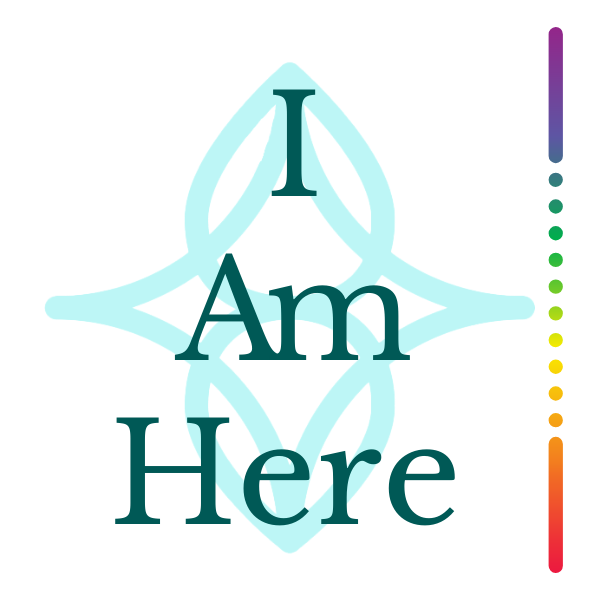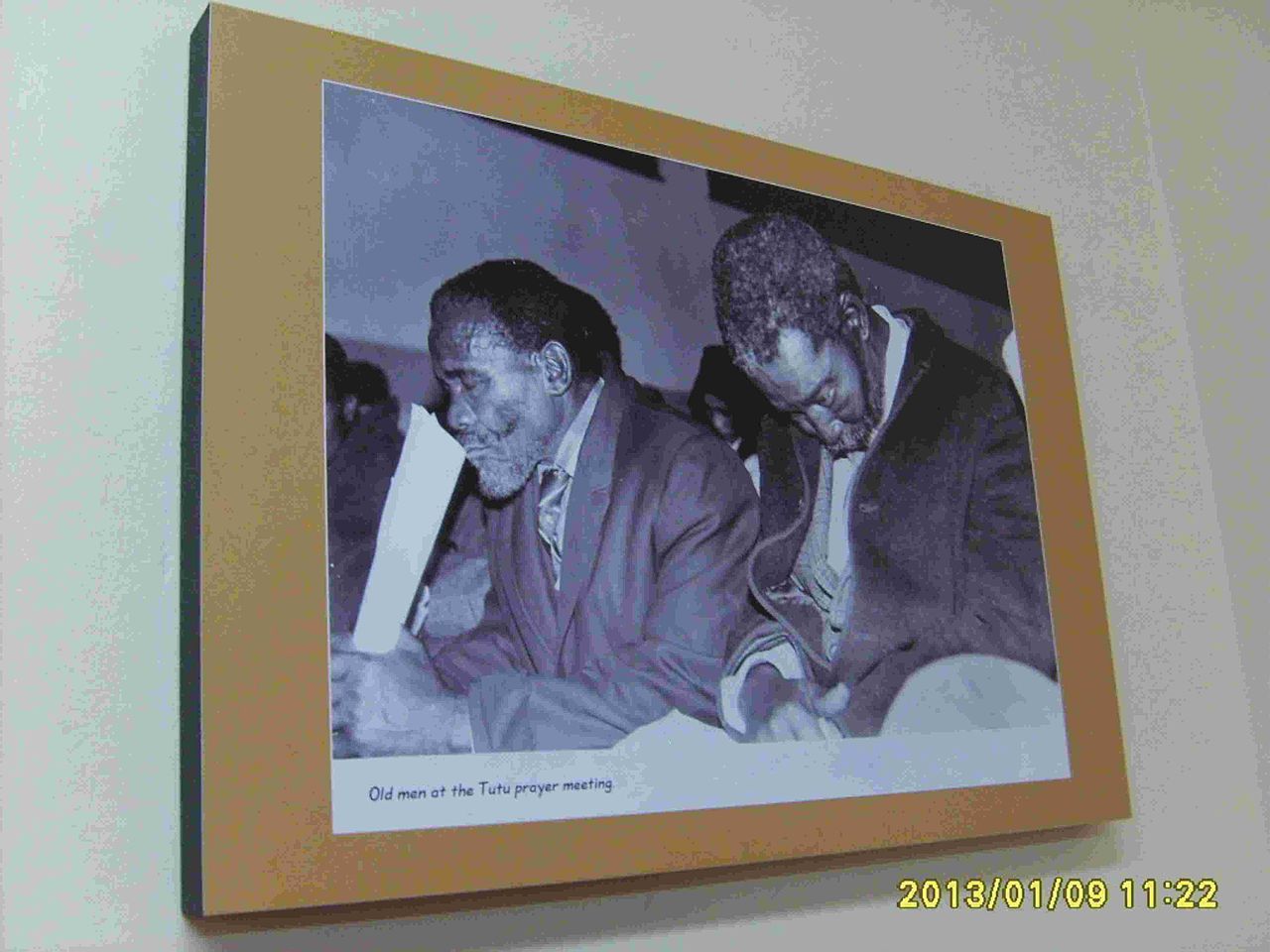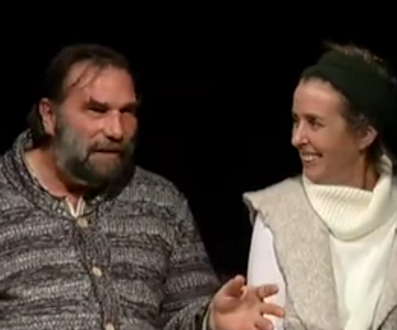Heling door de Generaties met Bart ten Berge: Haren,
9 t/m 11 maart 2018
In the Media
- I AM HERE archive on Inherited Trauma from the perspective of Nondual Therapy
- It Didn’t Start With You: The Mystery of Inherited Trauma, Psychology Today
- Childhood trauma can be inherited by future generations – new study. The Telegraph
- The Bad News: Trauma Can Be Inherited. The Good News — So Can Resilience: Big Think
- Traces of Genetic Trauma Can Be Tweaked, Scientific American
- Breaking the Cycle of Inherited Family Trauma: Uplift Connect
- Hereditary trauma: Inheritance of traumas and how they may be mediated, Science Daily
- Trauma From Slavery Can Actually Be Passed Down Through Your Genes
- How Inherited Family Trauma Shapes Us, Psyche Central
- Inherited Epigenetic and Behavioral Consequences of Trauma Could be Reversed: What is Epigenetics
Selected Scientific Papers
2013
Nature
PubMed
2014
Nature Neuroscience
Frontiers in Psychiatry
2016
PLOS Genetics
Biological Psychiatry
2017
Science
“The parents eat sour grapes, and the children’s teeth are set on edge.”
—Ezekiel 18: 2 (New International Version)
“Atrocities . . . refuse to be buried. . . . Folk wisdom is filled with ghosts who refuse to rest in their graves until their stories are told.”
—Judith Herman, Trauma and Recovery
“I feel very strongly that I am under the influence of things or questions which were left incomplete and unanswered by my parents and grandparents and more distant ancestors. It often seems as if there were an impersonal karma within a family, which is passed on from parents to children. It has always seemed to me that I had to . . . complete, or perhaps continue, things which previous ages had left unfinished.”
—Carl Jung, Memories, Dreams, Reflections
“If you look deeply into the palm of your hand, you will see your parents and all generations of your ancestors. All of them are alive in this moment. Each is present in your body. You are the continuation of each of these people.”
—Thich Nhat Hanh, A Lifetime of Peace
Questions for inquiry into family trauma
Courtesy of Mark Wolynn, from his book: It didn’t start with you* (Quotes above also courtesy of this powerful healing manual)
- Who died early?
- Who left?
- Who was abandoned, isolated, or excluded from the family?
- Who was adopted or who gave a child up for adoption?
- Who died in childbirth?
- Who had a stillbirth, miscarriage, or abortion?
- Who committed suicide?
- Who committed a crime or experienced a significant trauma?
- Who suffered in war?
- Who died in or participated in a genocide or the Holocaust?
- Who was murdered?
- Who murdered someone or felt responsible for someone’s death or misfortune?
- Who profited from another’s loss?
- Who was wrongly accused?
- Who was jailed or institutionalized?
- Who had a physical, emotional, or mental disability?
- Which parent or grandparent had a significant relationship prior to getting married, and what happened?
*Wolynn, Mark. It Didn’t Start with You: How Inherited Family Trauma Shapes Who We Are and How to End the Cycle (p. 221). Penguin Publishing Group. Kindle Edition.
Heling door de Generaties met Bart ten Berge: Haren,
9 t/m 11 maart 2018




